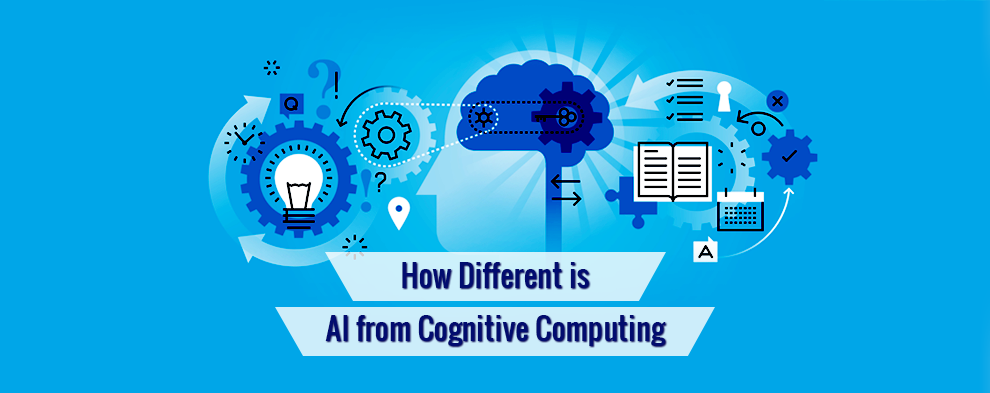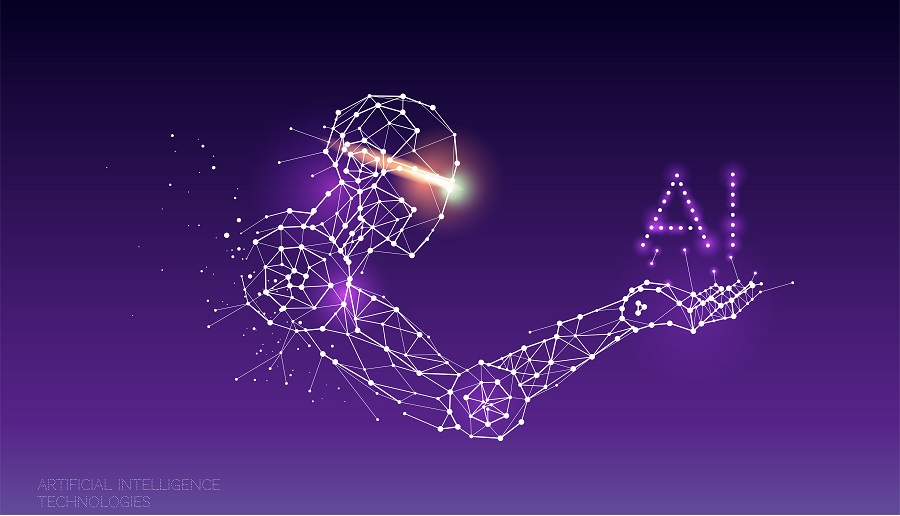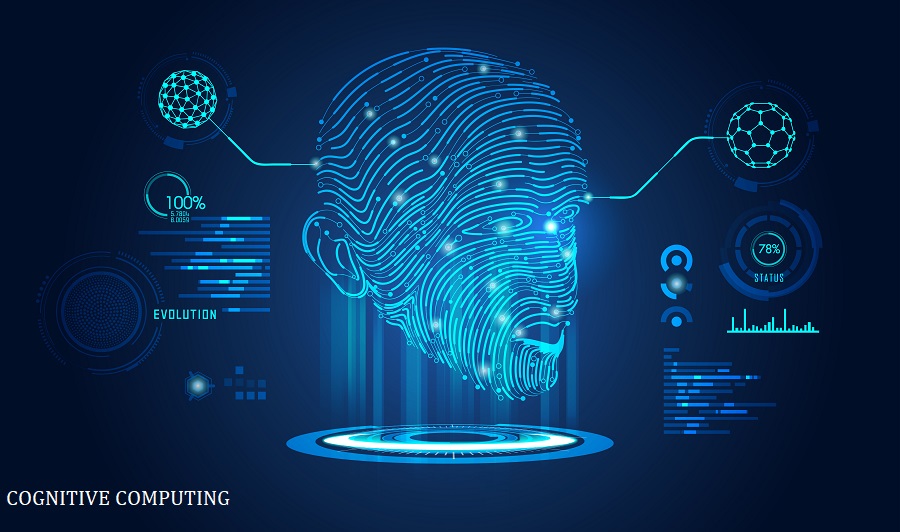
Difference Between Artificial Intelligence and Cognitive Computing: Athena’s Tech Head Answers the Question
What is the difference between artificial intelligence and cognitive computing? – This is one of the most frequently asked questions I come across during my interactions with clients, candidates and also peers.
There is no doubt how the scope and implementation of AI and machine learning are increasing with each passing day. With the rising popularity, there has been a tentative curiosity about understanding the technological jargons. The most searched digital transformation jargons on Google are – machine learning, deep learning, cognitive technology, neural networks, Natural Language Processing, augmented data discovery, synthetic intelligence, and text mining to name a few.
With so many different kinds of content available online, I know it’s overwhelming to have a clear understanding of these cutting-edge technologies. This has further given rise to a misconception that artificial intelligence and cognitive computing are the same.
Here’s an attempt to share my views on how different is artificial intelligence from cognitive computing with respect to the similarities existing between these two very related fields. Continue reading!
Understanding the concept –
AI is the science of making computers do things that require intelligence when done by humans. Click To TweetCorrect me if I refer to AI as an umbrella that covers all sorts of processes, theories, algorithms and technical affiliations.
What is AI?

As per Wikipedia,
Artificial intelligence, sometimes called machine intelligence, is intelligence demonstrated by machines, in contrast to the natural intelligence displayed by humans and other animals. In computer science, AI research is defined as the study of “intelligent agents”: any device that perceives its environment and takes actions that maximize its chance of successfully achieving its goals. Colloquially, the term “artificial intelligence” is applied when a machine mimics “cognitive” functions that humans associate with other human minds, such as “learning” and “problem-solving”.
These days in the artificial intelligence space, both small scale and large scale companies continue to progress in the areas of procedural automation, acquiring skills on the machine-readable format, and execution of these complex yet recurring tasks.
AI enables computers to execute tasks that were performed by human intelligence until now. Implying that machine learning, robotics, NLP, synthetic intelligence and text mining are all a part of artificial intelligence and are correlated in some way or the other.
What is cognitive computing?

Cognitive systems are designed to solve problems the way humans solve problems, by thinking, reasoning, and remembering.
Cognitive computing, on the other hand, is a sub-field of artificial intelligence. This synthetic technology is majorly based on reasoning and understanding at a much higher level. Cognitive technology, in a way, tries to match the level of the human apprehension, as it is designed to make human-like decisions in complex situations.
Based on the reasoning capability, cognitive systems are able to learn quickly and adapt as new data arrives. They explore and understand things that earlier machines had failed and humans ignored.
Understanding the difference between AI and cognitive technology
The major difference between artificial intelligence and cognitive computing is that it efficiently deals with mammoth-sized data, comprehensive rounds of analytics, albeit humans have complete control of the decision-making process.
Artificial intelligence solutions and cognitive computing systems are designed on the concept that machines should be able to sense, reason, act and adapt based on learned experience.
Let me explain the difference with a use case –

Let’s imagine a scenario where a tech professional is looking for a career change. An AI-led assistant will assess his skills and provide him job opportunities which match his expertise. AI will also negotiate the remuneration and benefits and inform the candidate that a decision has been made on his behalf.
Now if we replace this AI assistant with a cognitive assistant, the latter will suggest potential career paths apart from providing him significant information like certification requirements, the market value of his profile and overseas opportunities. However, in the case of cognitive, the final call will always be made the candidate unlike in the case of the AI assistant.
To summarize –
Cognitive computing helps us make smarter decisions by enabling us to leverage its capabilities. Artificial intelligence instead is designed to better decisions on our behalf by substituting our actions with its deep learning processes.
AI vs cognitive computing in terms of development
Now that we are aware of the basic differences between artificial intelligence and cognitive computing, let’s find out how and where both of these are advancing –
McKinsey estimates AI techniques have the potential to create between $3.5T and $5.8T in value annually across nine business functions in 19 industries. Click To TweetIt is estimated that the worth of artificial intelligence market will be $190.61 billion by 2025. AI has inarguably become the fundamental element behind every futuristic technological invention. Enterprises, these days, are leveraging this technology along with data science to disrupt their business growth. AI, data science, IoT and blockchain are the essential components of the digital transformation era. AI has been rigorously implemented in those three major verticals –
- Chatbots
- Virtual Assistants
- Smart Advisors
As per reports, cognitive technology will account for a 31.0% CAGR in terms of revenue. Its net worth was US$ 9850 million in 2017 and it is estimated to reach US$ 49800 million by 2023.
This synthetic learning technology is induced with diagnostic, predictive, and prescriptive analytics tools. With the help of these capabilities, it observes, learns, and offers deep insights for the user to perform actions. Cognitive has been rigorously implemented in those four major verticals –
- Banking
- Healthcare
- Media
- Entertainment
Concluding Note…
All I can say is that both artificial intelligence and cognitive computing are closely similar in the intent, but they differ in their capabilities to mimic human intelligence.

Your web site has excellent material. I bookmarked the site